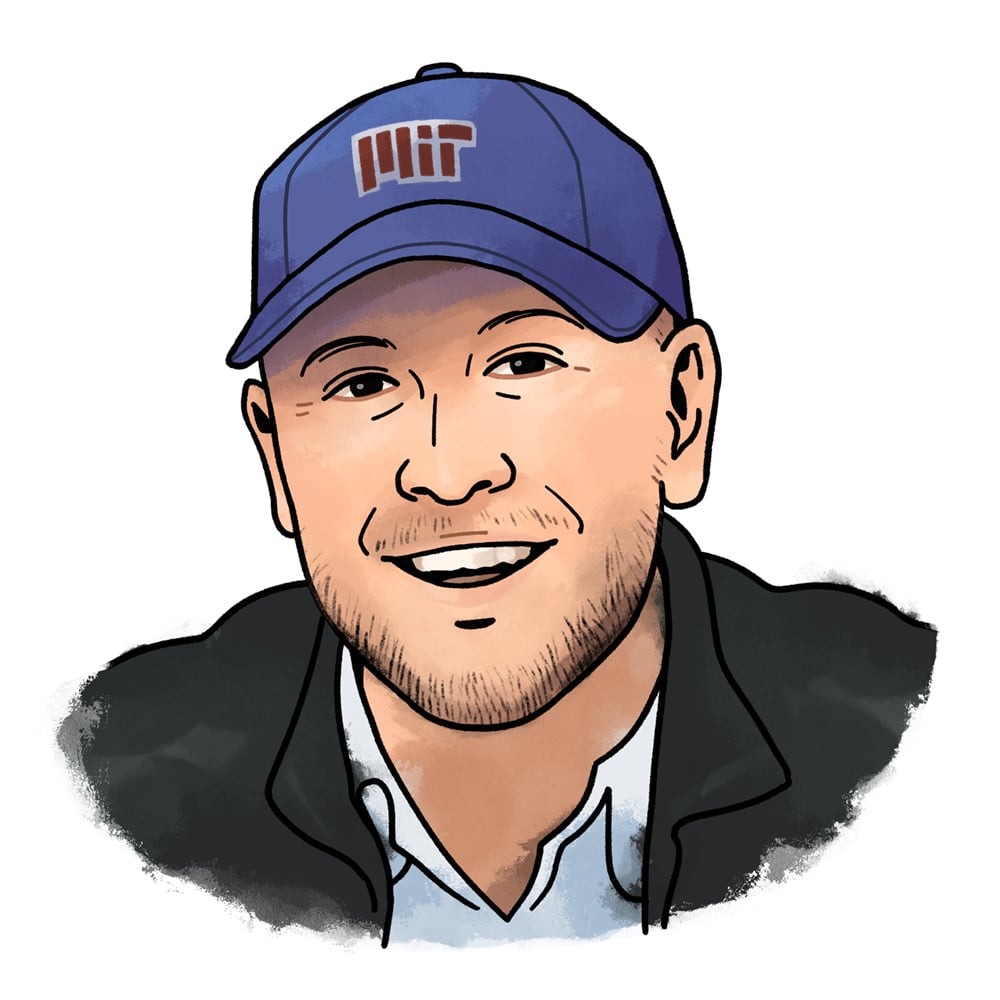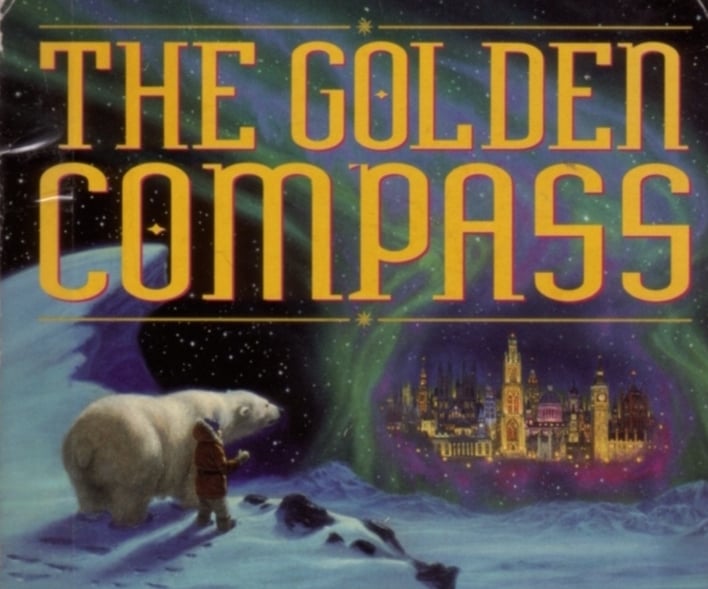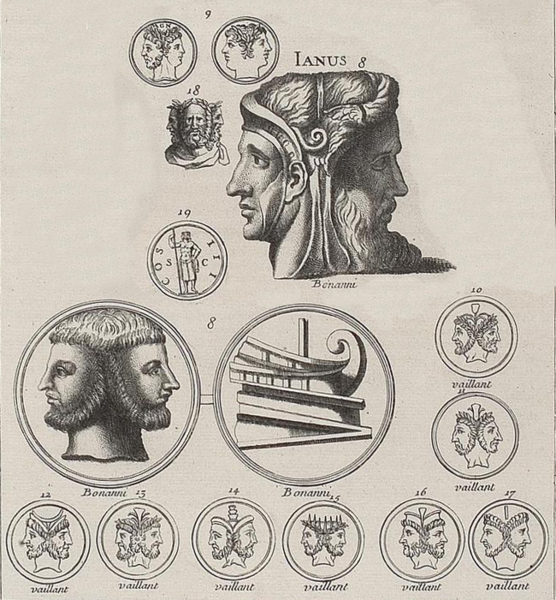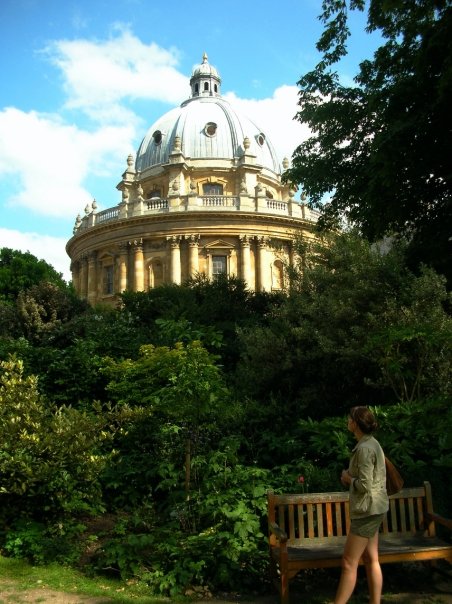
Although of course you end up becoming yourself by Chris Peterson SM '13
on choosing a college, and realizing one of many possible futures
Not long ago, I met with an admitted MIT student, whom I will call Sam, because that is not his name. As we sat on a bench in Lobby 7, Sam told me that he had a problem. On Pi Day, he had been admitted to MIT, which he considered his dream school. A few weeks later, however, he was unexpectedly admitted to another program, which was also a dream, albeit a different one. Sam told me that he was having trouble choosing what to do. He wanted me to help him decide.
Over the last few weeks I’ve met, emailed, Facebooked, Slacked, or spoken on the phone with many members of the Class of 2020 who are all struggling with the same basic decision as Sam: whether to enroll at MIT or to go somewhere / do something else instead. Typically, these students ascribe this ambiguity to a set of questions they see as unanswered and/or conflicts they see as unsettled. Will they like ‘the culture’ more at MIT or at X? Would they rather be closer to or further from home? How should they evaluate perceived tradeoffs between different curricula, or climates, or financial aid packages? Do they even want to go to college, anymore?
Because these are MIT admits, they usually frame this uncertainty as a problem, which they intend to approach analytically and solve with solid evidence and clear thinking. Sometimes, this works; sometimes, it’s as simple as helping them clarify a matter of fact, like a misunderstanding about whether MIT students have to live in a dorm for all four years (they don’t), or whether MIT students ever study abroad (they do).
But not all disputes are simply murky matters of fact; often, the indeterminacy is more fundamental than that. Such was the case with Sam. He knew both programs very well. He understood their strengths and weaknesses. He knew he could do well at either. The problem, for Sam, was not finding the right answer: the problem, for Sam, and for many students like him, is that there is no right answer, only different ones. His two options were both very good, but very different. He would be working with different people, toward a different goal, in a different place, and at a different age. As a result, he would, at the end of either program, emerge a different person. The question — the hard question — was which of those possible persons he wanted to be.
Wikimedia image(s) of Janus, the Roman god of doorways, gateways, passages
Of course, we face this choice a million times a day, mostly in small ways that escape our notice. The most apparently inconsequential choice — like whether or not I should leave my apartment and buy a gallon of milk at the store across the street — can have the largest impact, should I be hit by a bus, or meet the love of my life. And choosing not to choose (in this case, staying in my apartment) is a choice too, excluding an infinity of possibilities at the moment I make it. But we rarely confront this kind of choice so clearly, where it is self-evidently life-altering even as we contemplate it.
In April 2005, I had my own tricky time of deciding where to go to college. My options, as I saw them then, were a local public university where many of my friends were going, and to which I had already submitted a deposit, or another school halfway across the country where I’d been unexpectedly admitted off the waitlist. I really struggled with this decision; I wanted parts of both options and all of neither. In the end, I went to talk to one of my favorite high school teachers who had graduated from the local university and gone on to do some pretty cool things. I expected him to advocate for his alma mater, but he didn’t. Instead, he told me that he thought I could succeed at either, but that if I went to the local school, I knew what I would get: four more years of living near home, with people I knew, people like me. Four more years of high school, he called it. If I went to the other school, though, I’d be surrounded by people I didn’t know. They’d be different from me. It would probably be harder. I could learn more, he said; even if I didn’t like it, I’d still be learning something.
I made the decision to enroll at that school. I learned that I didn’t like it. I eventually transferred to yet another school. But I don’t think that means I made the wrong decision, because I learned a lot from it, and because if I hadn’t enrolled there, I wouldn’t have ended up at UMass, where, after some initial turbulence there too, I found friends and professors who made me better.
In July 2008, the summer before my senior year, I opened an email. It was an unexpected, unsolicited job offer from Facebook. Someone I knew from a hanging out online was an early employee, and he’d taken me on a tour of their office while I was in the Bay Area visiting friends and doing preliminary research for my undergraduate thesis about privacy on social network sites. He apparently liked me enough that he’d recommended me for a customer support job in what would become the Trust and Safety team. I was shocked. Facebook wasn’t Facebook, yet, but I knew from my friends and my research that it was going to be. This was an opportunity to actually work at a company that was building the sort of systems I cared about more than almost anything in the world.
Almost anything. As I thought about it, I felt I didn’t want to leave behind my family, my younger brothers, my aging grandparents. I didn’t want to leave behind my girlfriend, who was also my best friend, and who I thought I was going to marry. I didn’t want to drop out; I wanted to finish college, wanted to finish my thesis about Facebook more than I wanted to work for Facebook. So I responded to the email and said thanks — really, thanks — but no thanks.
I finished my thesis. It was constructively critical, but still critical, of Facebook. My friend who worked there and I got in a big argument about whether Facebook was doing the right thing and we stopped talking; I never got another job offer, or any response to any of my (many) subsequent applications to work there. I graduated and got a job at MIT Admissions instead. My girlfriend and I dated for awhile longer, then broke up; she’s married to someone else, now. My brothers went to school in Boston, then one of them moved to the Bay Area, where he still lives. A few years ago, I read a news article about a high-ranking policy executive at Facebook, who was my age, and had started with the same job I had been offered and at the same time. He was talking about the things they were building to make Facebook better, and I realized that, in an alternate universe, it was me.
But I don’t regret this decision either, even when I see the very nice cars and house my (former?) friend has. Because I’ve learned so much at MIT: about education, and privilege, and being thoughtful, and doing things that are hard. Things that I don’t think I would have learned, or at least not learned as well or in the same way, by working at Facebook. Of course, I would have learned things at Facebook that I haven’t been able to learn at MIT. If present-me and alternate-me got dinner, I’m honestly not sure what we would talk about, or if we would be able to hold a conversation. This is very strange and sort of destabilizing to think about.
So it goes.
Last summer, I was trying to do decide where I should apply for a PhD. I had spent two years researching programs and thought I had identified a good fit. As I got down to the process of actually filling out the application, though, I had a really difficult time with it. Over lunch, I told one of my mentors/recommendors that, and he asked me why. I told him that, the more I worked on the application, the more it felt like I was working to realize a future where I didn’t work for MIT Admissions; where I had to give up this job that I’ve loved, a job I could (whether or not I should or will) do for the rest of my life. I told him it felt like I was living a trolley problem: whichever way I threw the switch, I would kill one of my future selves.
He nodded and said, “you will.” But then he pointed out what I already knew to be true: that we’re constantly creating and destroying future selves, all of the time, with everything we do. That we can’t evade or avoid these decisions; we can only try to make them as well as we can in the moment. He asked me what I would tell an applicant who said they didn’t want to apply to MIT because they were worried they might get in. I said I’d of course tell them to take a shot and see what happens; that you’d rather have more options than fewer. He said that was good advice and I ought to follow it myself.
In March, a week before Pi Day, I was denied by that PhD program. I had reached for the trolley switch but found it stuck; this time, the decision was made for me, so I don’t have anything to regret or not. Except: I’m glad I applied, because I learned so much about those programs, and about myself, by going through the process. I didn’t have to make the choice that I’d hoped/feared to make, but I’m confident the choice to try to have that choice was well-made.

I read a lot of science fiction and fantasy books as a child. My favorite books then, and perhaps still now, were the His Dark Materials trilogy: the The Golden Compass, The Subtle Knife, and the The Amber Spyglass.
These books are about many things — Christianity, and magic, and science, and love, and loss — but ultimately they are about choice: the choices we make, and the choices we are kept from making. They are about the many worlds which at once overlap with and stand apart from each other.
Sometimes, when I think about my own life through the lens of these books, I can almost feel these other worlds vibrating around me, separated from my own by an impossibly thin yet utterly impenetrable crystalline wall. Like I could tap on the glass and wave hello to the me that stayed down south for school, or took the job at Facebook, or married that girlfriend, or, right this moment, is packing up my office and preparing for my PhD. But I can’t. None of us can. Because those are other worlds, now, and this is the one we’ve got.
We can travel, if there are openings into other worlds, but we can only live in our own…we have to build the Republic of Heaven where we are, because for us, there is no elsewhere.
– Philip Pullman, The Amber Spyglass
Will and Lyra’s bench at Oxford
Here’s what I told Sam: I told him that, whichever choice he makes, he’s going to end up a different person. That he can’t know, now, how he will be different, only that he will be; worse, once he is different, he won’t ever be able to really know what would or might have been, because it won’t have been that way. There’s nothing he can do to be both of his future selves, because even if he had a time-turner and a teleporter, the version of him that is both-selves is actually a third-self, distinct from either of the two-selves he’s now trying to decide between. I told him that he cannot see the future because there’s nothing there to see; it hasn’t been built, yet. The future is something that emerges as we build it, even as we are thrown into it. We are always caught in the moving moment between our possible futures and frozen past.
Here’s another thing I told Sam: these kinds of decisions about your future are rarely correct or incorrect, just more or less well-made. In my opinion, what makes this kind of decision well-made is when it begins not from analysis but from philosophy: i.e., that you start by figuring out what your big-picture goals are, and then attempt to determine what your next steps should be. By “big picture goals” I don’t (necessarily) mean “long-term career objectives” like being a doctor or running for President, although that is sometimes the case for some people. Rather, I mean really big picture, high-level stuff, like what you want to be challenged by, and how much; like whether you are ready for a period of change or need some time to stabilize.
It’s interesting, and instructive, that we often refer to universities as ‘institutions.’ Though that word has come to mean ‘something that’s been around for a long time, probably in a big building of some sort,’ it derives from the Latin institutum, meaning a custom, a habit, a way-of-doing things. More than brick and mortar, institutions are customs and cultures, and this is how and why educational institutions shape their people even as people shape their institutions. So, when thinking about colleges, I find it’s helpful to look to the seniors or recent alumni and ask yourself: are these the kinds of people I want future-me to be like? Do they think like I want to think? Do what I want to do? Because, while you can never know for sure how any college will shape you, you can often infer a general sense of the mold by seeing how it has shaped others who were once like you. It’s as good a heuristic as anything else in this uncertain process; in this uncertain world.
A Klee painting named Angelus Novus shows an angel looking as though he is about to move away from something he is fixedly contemplating. His eyes are staring, his mouth is open, his wings are spread. This is how one pictures the angel of history. His face is turned toward the past. Where we perceive a chain of events, he sees one single catastrophe which keeps piling wreckage upon wreckage and hurls it in front of his feet. The angel would like to stay, awaken the dead, and make whole what has been smashed. But a storm is blowing from Paradise; it has got caught in his wings with such violence that the angel can no longer close them. The storm irresistibly propels him into the future to which his back is turned, while the pile of debris before him grows skyward. This storm is what we call progress.
– Walter Benjamin, Angelus Novus / Theses on the Philosophy of History
Sam texted me recently that he has made his decision. Soon, the rest of you will too. Like me, like Sam, like others, you will be fine. No matter how you decided, you will be different, and you will be fine. From among the endless, infinite, impossible yous, you will, in time, become yourself; become, at least in this world, the only you that you could have ever really been.

